




 |
||||
 |
 |
 |
 |
|
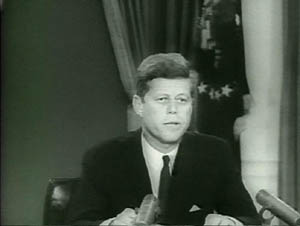 |
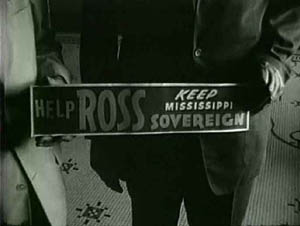 |
James Meredith came to my hometown in 1962 to see whether the US was serious about protecting the rights of all its citizens. Kennedy had to occupy Mississippi with 36,000 soldiers and guardsmen just to let one man study at Ole Miss.
|
|||||||
Front: Kennedy speaks to the country about Ole Miss
|
Front: Ross Barnet had white support across the State
|
||||||||
|
James Meredith is one of America's great heros for what he did in 1962. If you want to see more about his impact on Mississippi, watch my film, The Most Segregated Hour. It talks about what happened in 1962 and how that relates to segregation between the churches. I'm working now on a new film that will focus exclusively on Meredith and Ole Miss. |
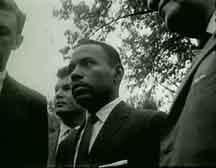 |
||||||||
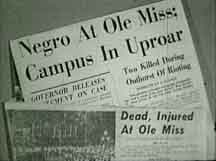 |
|||||||||
James Meredith at Ole Miss in 1962 |
Mississippi newspapers in 1962 |
||||||||
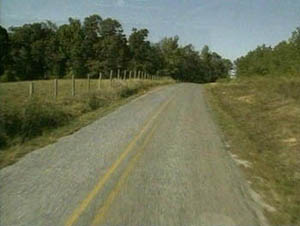 |
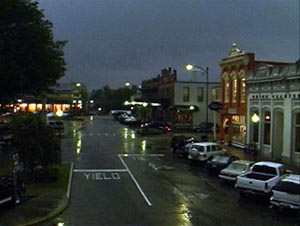 |
If you doubt me, just listen to the music. |
||
Front: road outside Oxford
|
Front: Oxford Square at dusk, from my old office
|
|||
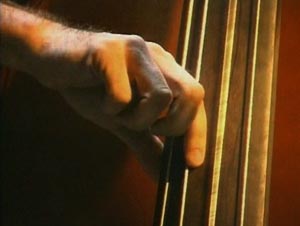 |
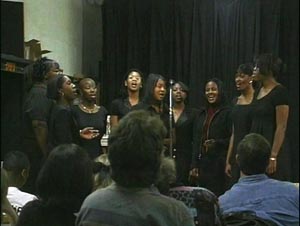 |
|||
Musicians at the Thacker Mountain Radio Hour |
Front: Ole Miss Gospel Choir at the Radio Hour
|
|||